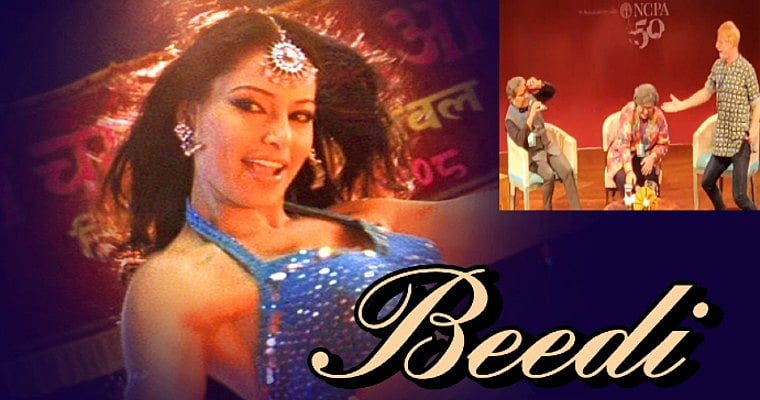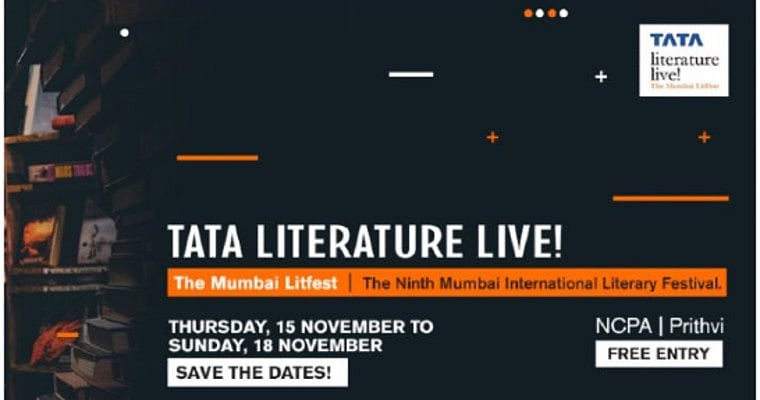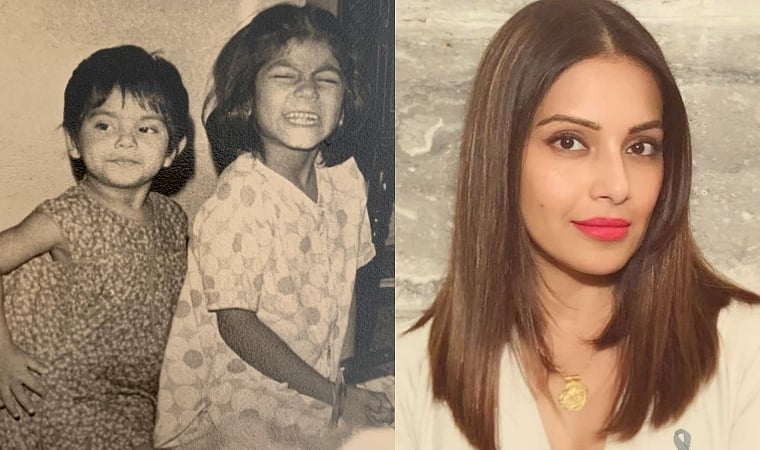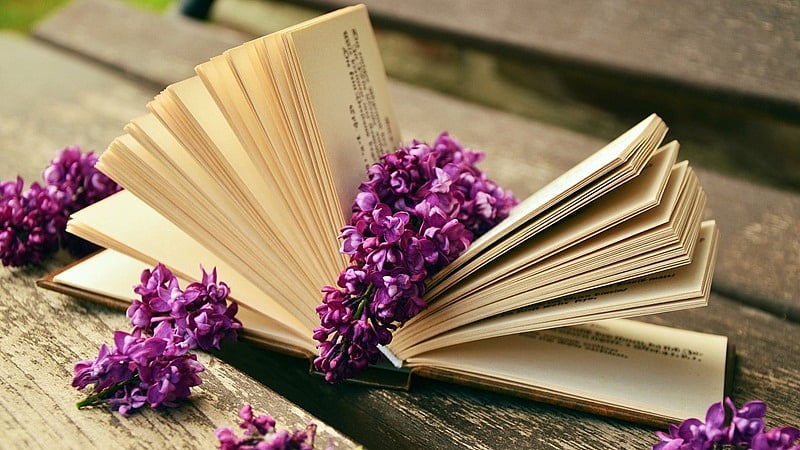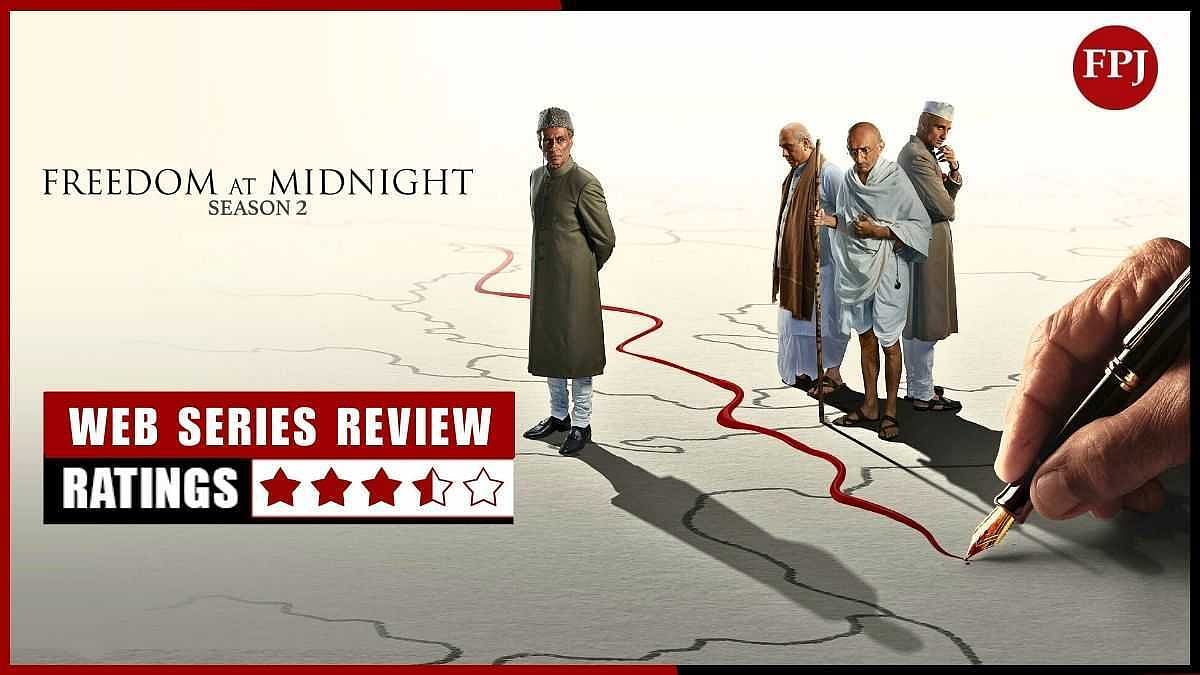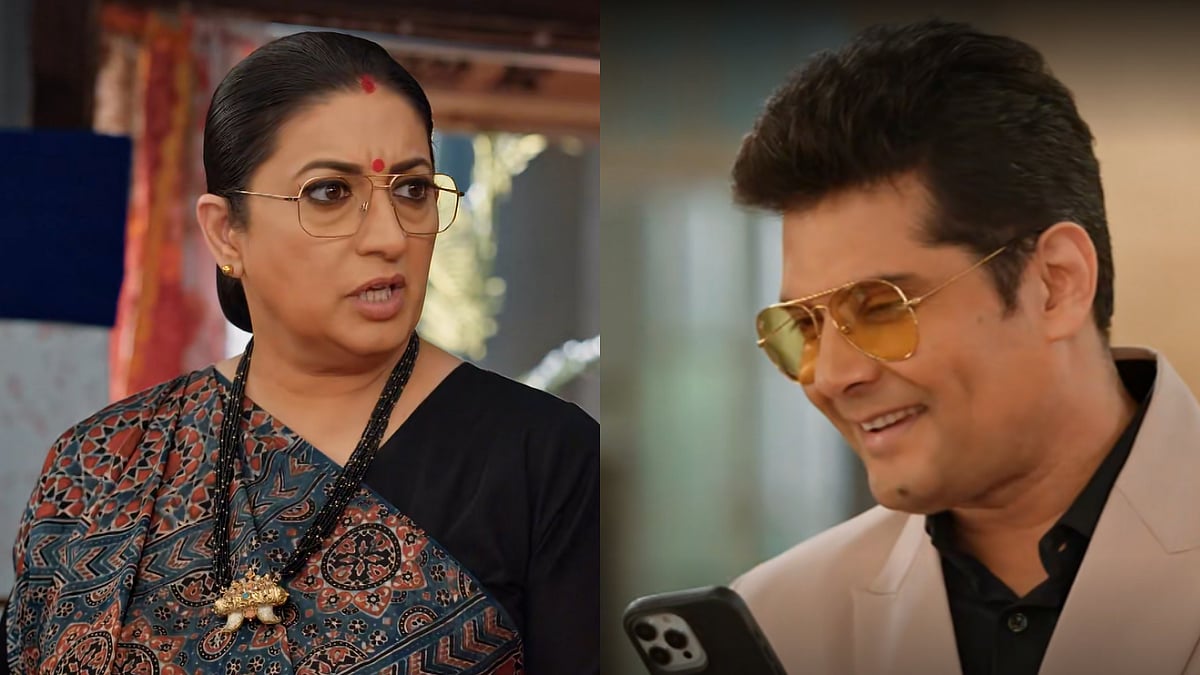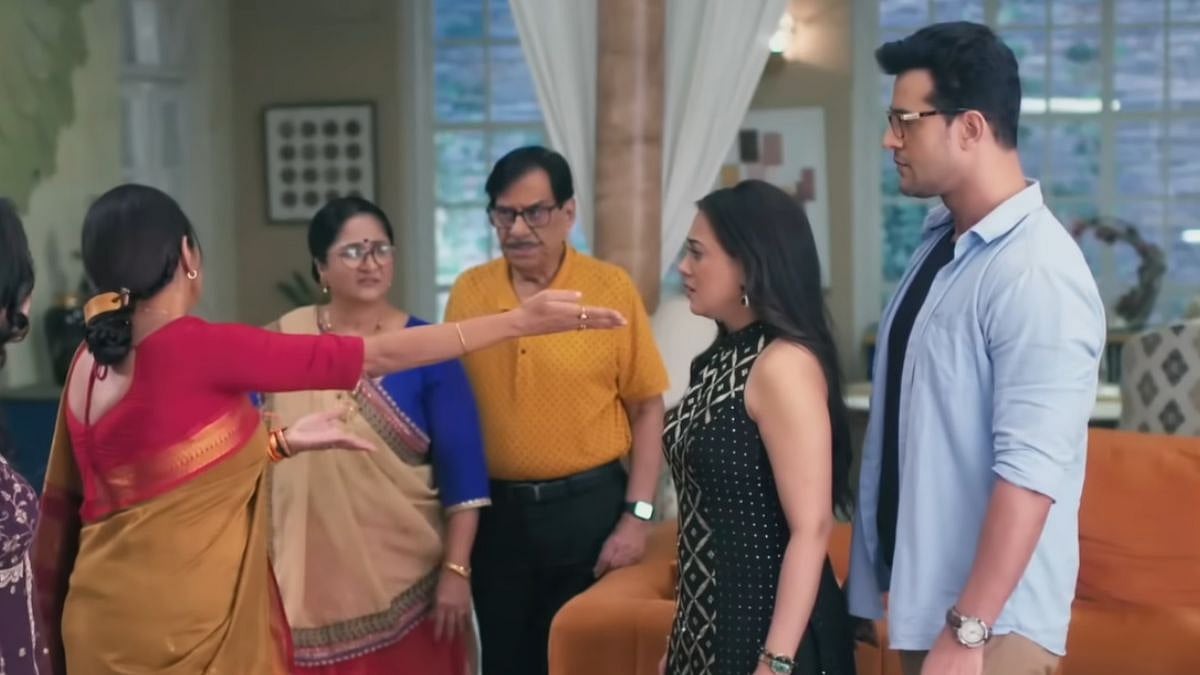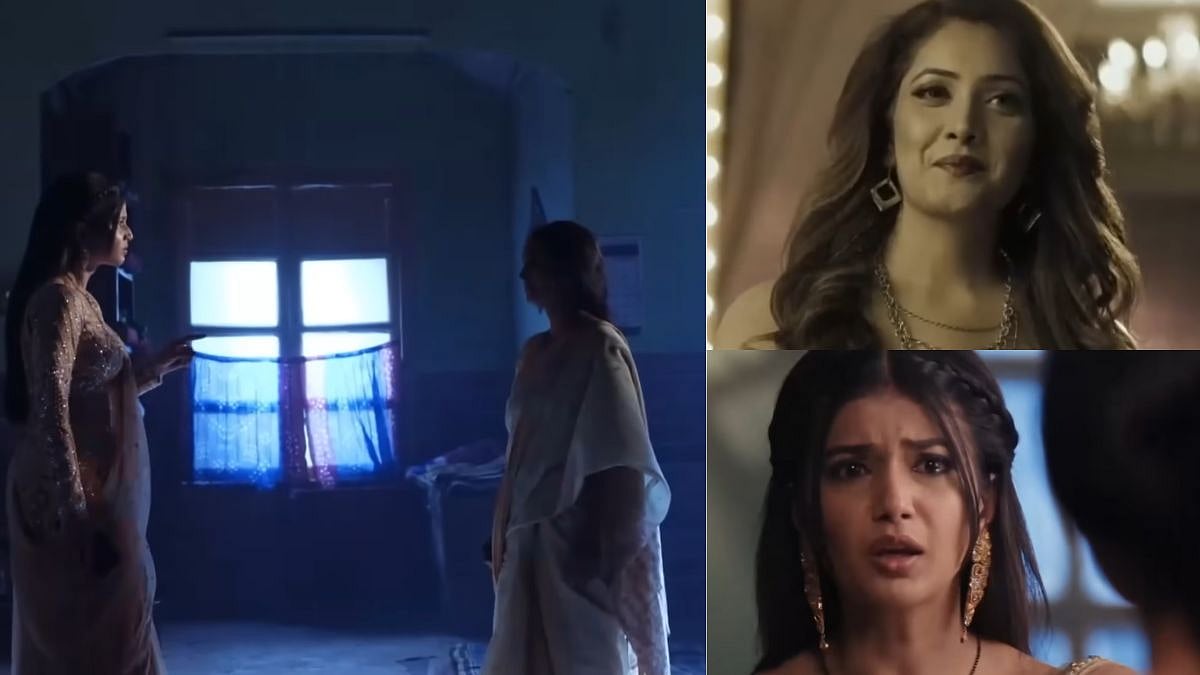Masala, the word that conjures up the ubiquitous spice box in Indian kitchens is not really something one associates with literature. But at the tenth edition of Literature Live Mumbai's biggest Litfest a whole session was dedicated to Masala Shakespeare where well-known journalist Kaveree Bamzai was in conversation with Professor of English at Ashoka University Jonathan Gil Harris (who has authored a book Masala Shakespeare) and filmmaker-composer Vishal Bharadwaj (best known for his brilliant adaptations of Shakespeare).
While the session sought to explore if the Bard who has used comedies of errors, estranged siblings, loyalty, betrayal, moralistic speeches, jokers and jesters, kings and queens, ghosts and witches, knights and knaves, battle scenes, a stage piled with corpses, a play within a play was merely a very English genius, or the unacknowledged progenitor of the Bollywood script (wondering whether it was his insights and intellect or his masala plots, often bawdy humour and melodramatic romances that packed the Globe Theatre) it ended with Harris dancing to the item number Bidi Jalai Le being sung by Bharadwaj. More on that in a bit.
But first things first. Harris spoke of how Shakespeare today is considered ‘literature’ and is taught as a ‘pure’, ‘high’ form of art, in his own day it was the quintessential ‘masala’ entertainment he provided that attracted both commoners and the nobility.
“The profound resonances between Shakespeare’s craft and Indian cultural forms as well as their pervasive and enduring relationship in theatre and film are more than obvious,” he said and reminded audiences not to bother with slotting the Bard of Avon's works into tight classifications of tragedies or comedies. “It is just like the lanes on roads in India which are at best notional,” he said leading to much laughter.
While appreciating how this was an exciting time to make films, Bharadwaj, however, couldn't resist pointing out how what the critics like Bamzai said rarely made a difference. “Even when they pan a complete masala film as bad it does little to discourage audiences from going for it in big numbers. Ditto with good cinema, all the praise that is lavished does not translate into creating box office success.”
Bamzai tried to get the seven-time National awardee to speak of how working in the current sociopolitical climate was different. Specifically, she asked him if he could have kept the monologue in Haider (2014) intact if he was making the film today.
“In many senses, you seemed to have had a premonition of what was coming in Kashmir?” she asked to which he replied, “Though this regime has given me two national awards I wouldn't have let the monologue happen now. We live in an era when you want to first self-censor everything creative you do worrying about what it could trigger.”
Bamzai also brought up some very problematic instances of misogyny in Shakespeare's works like The Taming Of The Shrew. While agreeing with her Bharadwaj pointed out how it is unfair to pull out something from outside the context of its time and space of when it was written and hold it up to standards of contemporary political correctness.
“By that standard Goswami Tulsidas' - Dhol Ganwar Shudra Pashu Nari Sakal Taadana Ke Adhikari is very problematic,” he pointed out and Bamzai quickly interjected with: “In this day and age perhaps a pashu (beast i.e cow) is better off than the nari (woman).”
The talk then veered off to how the arrival of Bhardwaj, Anurag Kashyap, Nitesh Tiwari, etc has brought back the real rural, small-town Indian milieus back into focus from the Alps, European mansions and Swiss schools. Bamzai wondered where in our cluttered cities would Shah Rukh Khan's chopper land. “Now it would probably land on Antilla (the towering South Mumbai Ambani residence),” leading to much whistling and cheers from the audience.
Bharadwaj spoke of how such hypersensitive times have led him to explore Twelfth Night “because it is not so political.” Harris lamented this change and spoke of how the trajectory of Bollywood has moved from Apna to Hamara. “We live in a time when we march in lock-step, we invade or talk about invading in lock-step instead of celebrating the common and collective.”
He spoke of watching Lagaan at a single screen theatre. “I can remember being overwhelmed to see people raucously singing along and flinging coins at the screen when the song Mitwa came up. Yeh Dharti Apni Hai, Apna Ambar Hai Re.” Bharadwaj pointed out that though the words seemed synonymous they were very different in nuance. “No wonder we don't say hamarapan but apnapan instead.”
Harris also underlined how the masala movie—is not just a formal style or genre. “It embodies a certain version of India, one that celebrates the plural, the polyglot, the all-over-the-place,” he said citing the instance of Amar Akbar Anthony.
“This is also true of Shakespeare's works—The Comedy of Errors, A Midsummer Night’s Dream, Romeo and Juliet, The Taming of the Shrew, Twelfth Night, Macbeth, Othello, Hamlet, King Lear, The Tempest, Pericles and Titus Andronicus. These have acquired Indian lives independent of the familiar English texts of the plays because of the resonance of the masala which has led to the making of films like Angoor, 10ml Love, Ishaqzaade, Goliyon ki Rasleela Ram-Leela, Gundamma Katha, Isi Life Mein, Dil Bole Hadippa!, Maqbool, Omkara, Haider, Arshinagar and The Last Lear and plays like Kamdev ka Apna Basant Ritu ka Sapna, Jangal Mein Mangal, Chattan Kattu, Piya Behrupiya, Chahat Ki Dastaan and Hera-Phericles. In their own ways, however, they all chafe against an oppressive power by refusing the current vogue for shuddhta (purity), and singularity, and instead celebrate the plural and mixed, the saanjha and the apna.”
When asked who he thought of as India's own Shakespeare Bharadwaj said it was Nobel laureate Gurudev Rabindranath Tagore. “His work mirrors every human emotion and facet beautifully,” he said and added, “Satyajit Ray also comes close.”
Harris felt filmmaker, lyricist and poet Gulzar was India's own Shakespeare who he went back to reminding the audience remained relevant as he was always breaking rules with his work.
He illustrated it with broken iambic pentametre in Hamlet's soliloquy: To be, or not to be--that is the question and pointed out how Bharadwaj has musically recreated the broken iambic pentametre beautifully in Omkara in O Sathi Re, Din Doobey Na requesting Bharadwaj to sing a few lines.
While thanking Bharadwaj for singing he said: “I've begun to love Shakespeare a whole lot more since I became a bhakt of Bollywood.”
In the end, Bamzai requested Bharadwaj to sing Bidi Jalai Le and Harris showed the audience joined in with some really mean moves.
